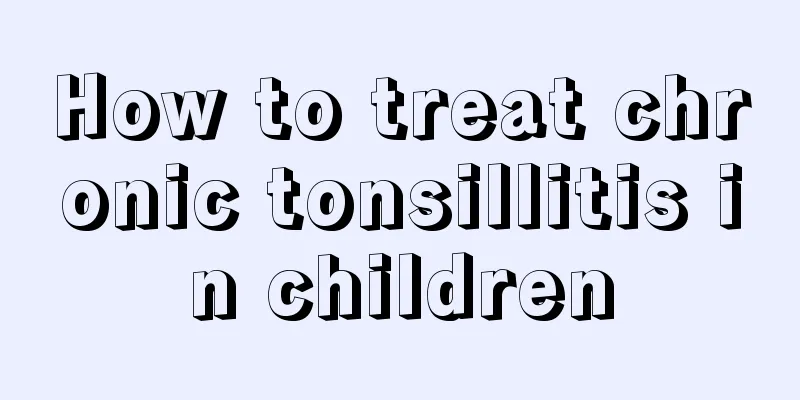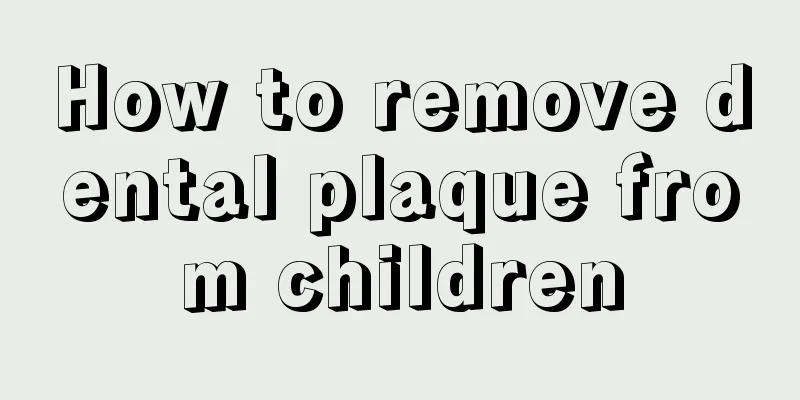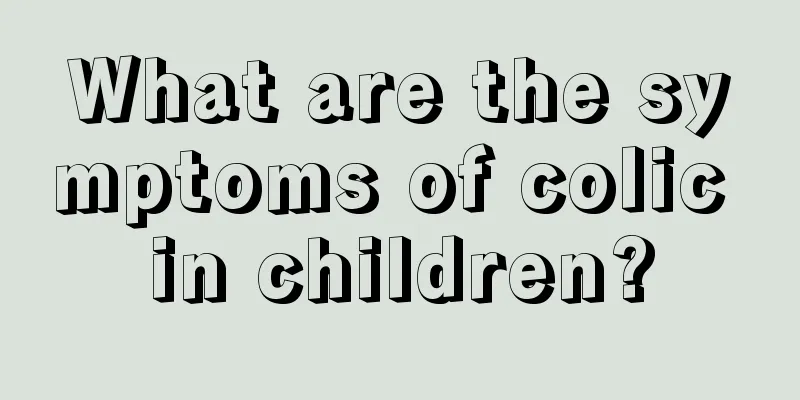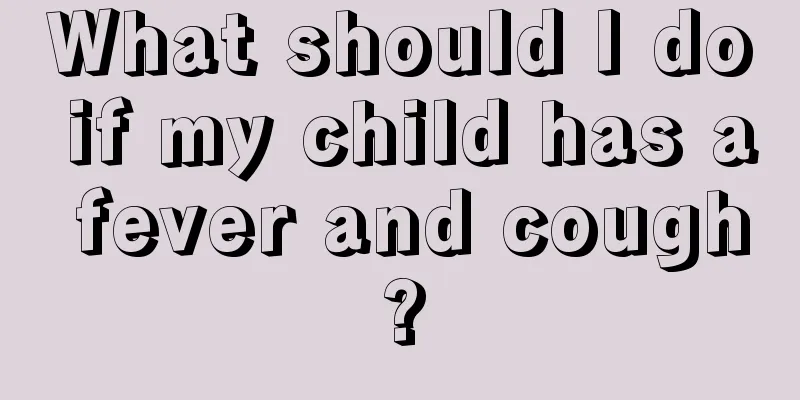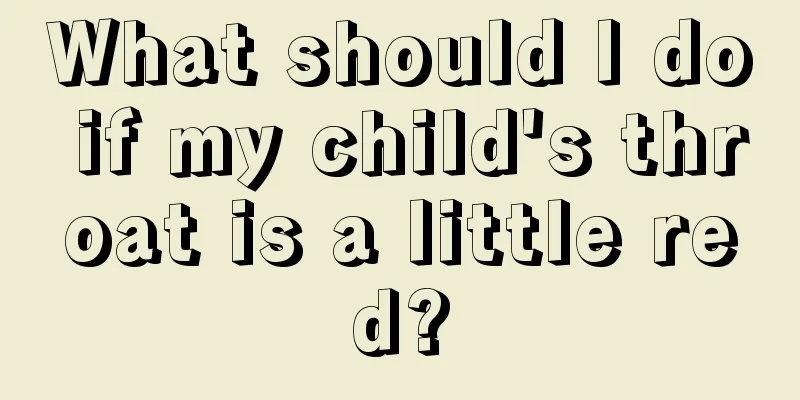What should I do if my child gets chickenpox?

|
Varicella is a contagious skin disease. People are not unfamiliar with this disease in life because it is so common. The cause of chickenpox is often herpes virus infection. Because of this, the chance of chickenpox transmission is very high. Once in close contact with the patient, the infection rate may even exceed 90%. So, what should you do if your child gets chickenpox? The varicella virus is highly contagious and mainly occurs in children. Chickenpox patients will have fever and red maculopapular rashes, blisters, scabs, etc. all over the body. It is particularly contagious. Contact with chickenpox patients or accidentally touching their droplets can cause infection. Infections and illnesses usually occur in children. Patients suffering from chickenpox must be isolated as soon as possible and wait until all the chickenpox have scabbed over. They should also be careful not to come into contact with other patients with chickenpox to avoid infection. There is no special treatment for chickenpox. The main thing is to prevent reinfection. Make sure to keep it clean and don't scratch it. Prevent recurrent infections. Never squeeze chickenpox with your hands, otherwise it will leave scars. You can apply a little calamine lotion to relieve itching. As long as you don't scratch the chickenpox area, basically no scabs will form. But you should also pay attention to your eating habits. Never eat spicy and greasy food, which is not conducive to recovery. The incidence of chickenpox is mainly among children with low immunity. Once discovered, medical treatment must be sought in time to avoid causing greater harm to the child's body. Bed sheets, quilts, underwear, tableware, toys, etc. that the child has come into contact with must be disinfected. Be careful not to wash them together with healthy people's items to avoid infecting other people. From the time a child's chickenpox develops to the time the rash completely dries and forms scabs, parents must provide daily care for their child. In addition to regular disinfection, they also need to pay attention to their diet, eat more nutritious fruits and vegetables, foods that clear away heat and detoxify, and be sure to eat light and non-greasy food, which will help the child recover. |
<<: What should I do if my child has chickenpox and a fever?
>>: What should children pay attention to after being vaccinated against chickenpox?
Recommend
What to do if your child has small teeth
When a child starts to grow small teeth on his te...
What causes pain in children’s thighs?
Children are the flowers of the future of the mot...
What should I do if my baby eats preservatives?
Preservatives are a common substance used to pres...
How is asthma diagnosed in children?
Asthma is a common disease that can occur in chil...
How to solve the problem of chapped lips in children
There are many reasons for children's chapped...
Children sometimes have chest pain
Sometimes, children may experience chest pain. In...
Why do children sleepwalk?
Sleepwalking often occurs in children. About 1% t...
Acute sinusitis in children
Children's physical health is very important,...
What should I do if my baby has blue veins on the bridge of his nose? These methods deal with
Some mothers find blue veins on their baby’s nose...
What is the reason for a two-year-old baby to have a fever and convulsions?
Families are most worried about their children ha...
What to do if your child has excessive stomach acid and vomits? A few tips can solve the problem
Many organs in children's bodies are not full...
Why does my one month old baby have a white tongue coating?
It is quite common for one-month-old babies to ha...
Symptoms of urinary tract infection in boys
Some babies will suffer from urinary tract infect...
What is the reason for the blood in the stool of a ten-month-old baby?
Mothers who have just had a baby should pay atten...
What to do if your child has poor gastrointestinal absorption
Because children's bodies are not fully devel...


